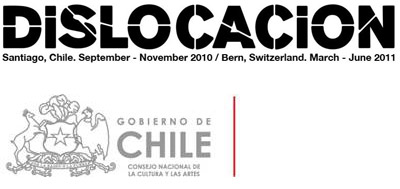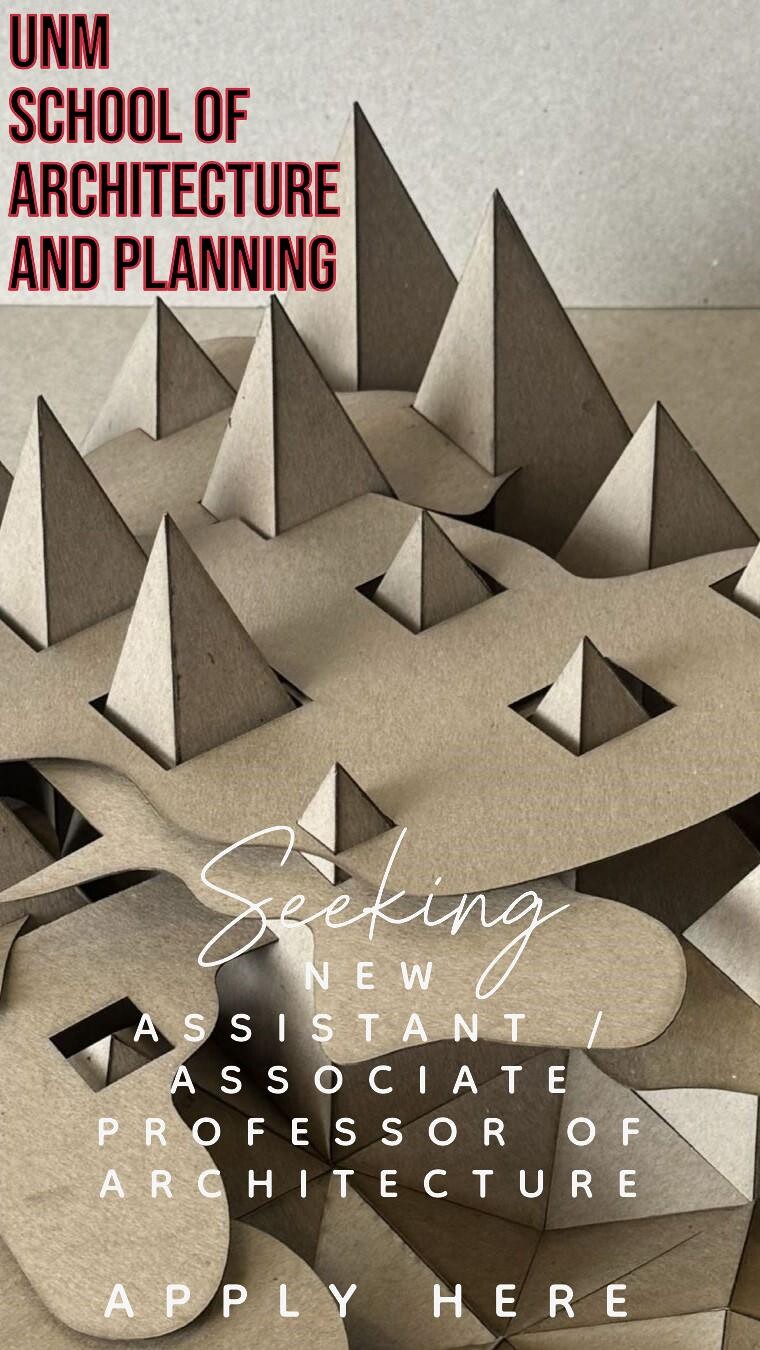DISLOCACION
Ingrid Wildi Merino
(Author and Curator)
September through November, 2010
Santiago, Chile
DISLOCACION came about an invitation by the Swiss Embassy in Chile to put together an exhibit concept commemorating the Bicentennial of the Chilean Independence during the year 2010. The term “dislocation” thereby refers to the action and effect of separating a member from its articulating core. The term indicates a discontinuity within an ongoing process, a displacement and a disarticulation. The subject matter of DISLOCACION is framed within globalization, its causes and effects, showing a kind of “reproduced nomadism”, which is implied in several concrete ways, especially in video-essays by Ursula Biemann, Sylvie Boisseau / Frank Westermeyer and Lotty Rosenfeld. Also, there are other aesthetic ventures by Thomas Hirschhorn, Alfredo Jaar, Juan Castillo and Voluspa Jarpa all of which deal with how people live out of phase in terms of economics, history or culture. As an artist and scholar used to engage in collaboration with theorists and other visual artists, DISLOCACION gave me an opportunity both as a curator and artist to conduct a research on the structure of globalization, the significance of migration, territorial displacement and all kinds of social, political and cultural differences. The aim is not to treat migration from a historical perspective. Rather, the project focuses around current problems; the articulation of the structures and mechanisms within a given context, where often neither reasons nor symptoms of this economic shift are really analyzed and yet, we are constantly influenced by them. Chilean and European artists and theorists who explored these themes during the last twenty years were invited to the DISLOCACION exhibit. The research project then became a sort of essay-exhibit with the purpose of showing the geopolitical realities related to our local and global history. DISLOCACION developed a kind of cartography that refers to the disarticulated issues of industrialized countries and younger ones from a specific perspective, in this case, involving Chilean and European contemporary art. Taking “Poetics and Politics” by Catherine David (Documenta X Kassel, 1997) as a starting point in reconsidering the political dimension of contemporary art, now more than ever, contemporary aesthetic practices need to reclaim the political as a common space. This common space is never fixed, but rather mobile as well as homogenization-and-closure resistant: contemporary art practices make it visible and comprehensive despite its complexity. Considering the previous, DISLOCACION seen as a process, confronts our local and global reality.Regarding prior curatorial statements dealing with questions such as what and how to exhibit, the question today is: What can be produced by DISLOCACION? What sort of product or narrative can be generated in Chile, where territorial displacement, delocalization, disarticulation, exile and migration are both historical and current themes? The multiple answers provided by the participating artists give importance to this disarticulated subject and to the reasons for its disarticulation. The qualities of this exhibit reach beyond the art world and focus on issues manifest within the framework of globalization.
DISLOCACION does take many forms. The artists’ proposals in the different venues in Santiago will also force the visitors to “displace” themselves from one place to another. Also, the exhibit will be taken over to Kunstmuseum Bern (Switzerland), in the spring of 2011 and it will settle there within a new context. DISLOCACION will be exhibited in Santiago, Chile, in the following art venues: Museo Nacional de Bellas Artes (through 11/7), Galería Metropolitana (through 11/15), Galería Gabriela Mistral (until 11/12), Museo de la Solidaridad Salvador Allende (through 11/15), Museo de Arte Contemporáneo (through 11/7), Museo de la Memoria y los Derechos Humanos (through 11/01) and the book stores of the chain Ulysses (through 11/15).
Participating artists: Ursula Biemann; Sylvie Boisseau & Frank Westermeyer; Juan Castillo; 000 Estudio (Javier Rioseco); Thomas Hirschhorn; Alfredo Jaar; Voluspa Jarpa; Josep-Maria Martin; Mario Navarro; Bernardo Oyarzun; RELAX (Chiarenza & Hauser & co); Lotty Rosenfeld; Ingrid Wildi Merino; Camilo Yañez.


